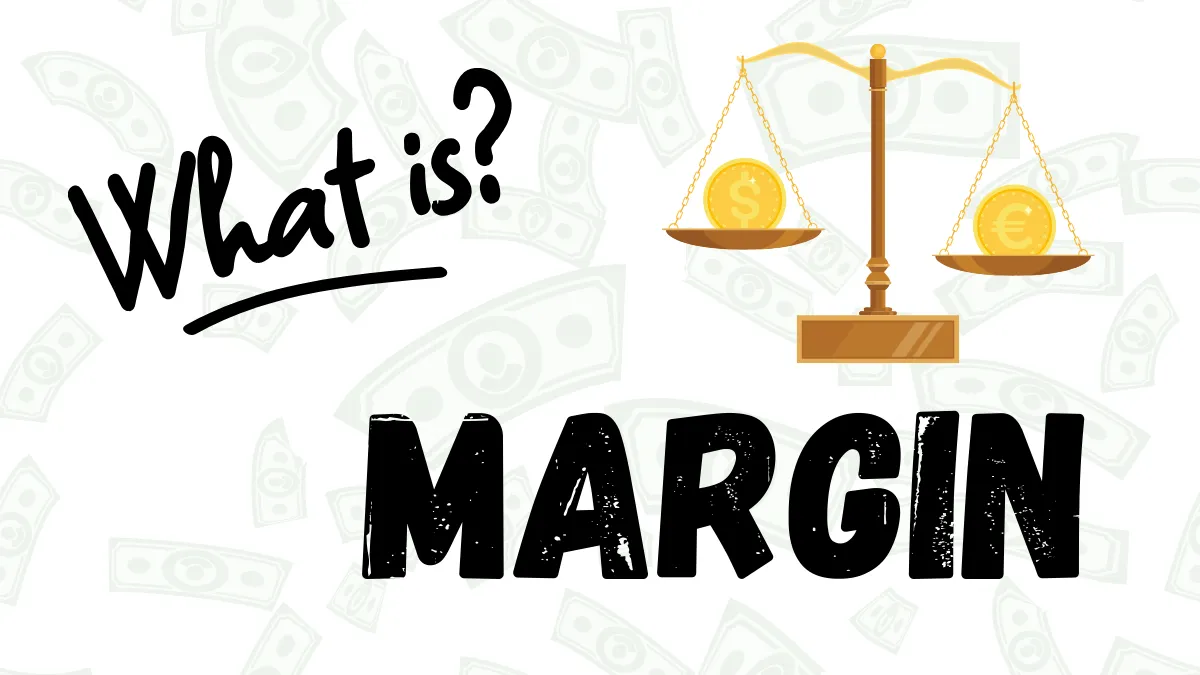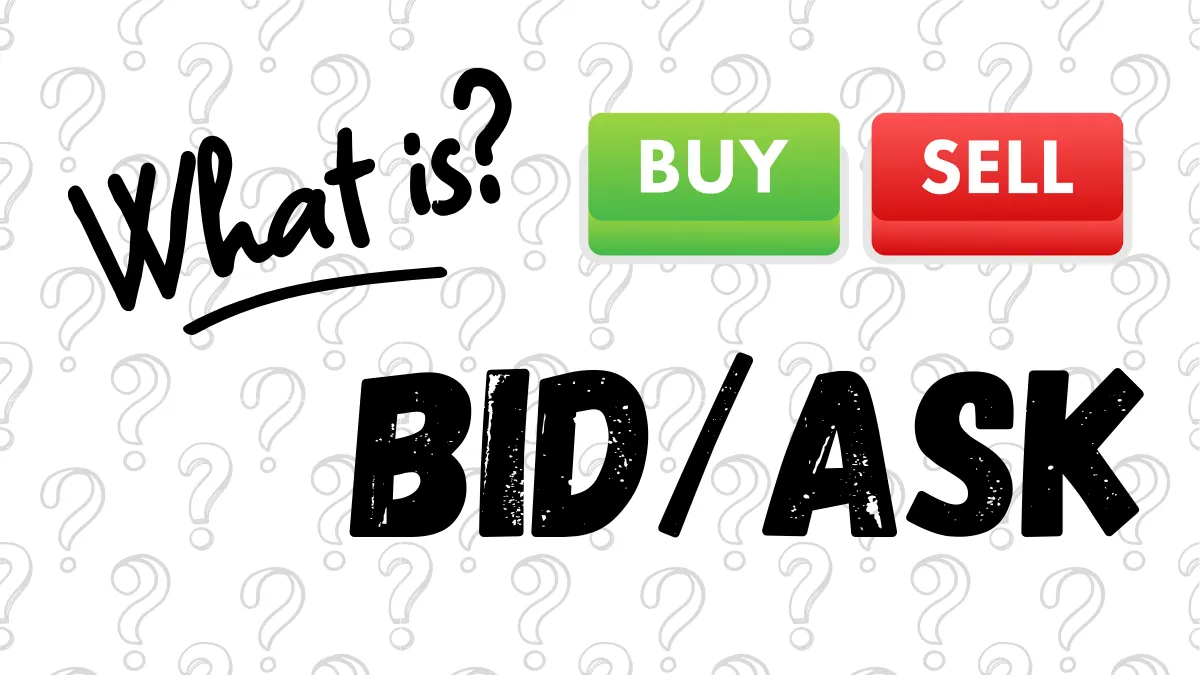How Forex Brokers Operate
The forex market is a decentralized global market where participants trade currencies through forex brokers. Brokers play an important intermediary role in this process, helping investors execute buy and sell trades. Understanding how forex brokers operate can help traders better manage risk and improve trading efficiency.
1. The Role of Forex Brokers
The main function of forex brokers is to provide a platform for traders to buy and sell currency pairs. When investors want to trade a certain currency, they place orders through the broker's trading platform. Brokers quote prices to investors based on market supply and demand and their internal mechanisms, usually including two prices: the Ask price and the Bid price. The Ask price is the price at which you can buy the currency, while the Bid price is the price at which you can sell the currency, and the difference between the two is the broker's spread.
2. Trading Models: Market Makers vs. ECN/STP Brokers
- Market Makers: Market maker brokers create a "market" internally for trading. This means that when you trade, the broker does not send your order directly to the external market but processes it internally. They provide you with buy and sell quotes and profit through the spread. Since market makers are your trading counterpart, these brokers may sometimes have conflicting interests with traders.
- ECN/STP Brokers: ECN (Electronic Communication Network) and STP (Straight Through Processing) brokers send your orders directly to banks or liquidity providers. These brokers typically profit only from the spread or commissions and do not act as market counterparts. This makes trading more transparent, allowing traders' orders to match with other participants in a larger market.
3. Spread and Commissions
The main profit model for brokers comes from the spread or commissions. The spread is the difference between the Ask price and the Bid price, while the commission is a fixed fee charged for each trade. Market makers usually use the spread as the only cost, while ECN/STP brokers may charge a lower spread but also charge a fixed commission.
4. Leverage and Margin
Forex brokers typically offer leverage, allowing traders to control larger trade amounts with a small amount of capital. The amount of leverage varies by broker and regional regulations, with common leverage ranges from 1: 30 to 1: 500. While leverage can amplify potential profits, it also increases risk. If market fluctuations are unfavorable to your position, losses can also multiply.
Additionally, brokers usually require traders to deposit margin as collateral. The margin requirement varies based on trading leverage and trade size.
5. Liquidity Providers
The operation of the forex market relies on various liquidity providers, such as large banks, hedge funds, and other financial institutions. These institutions provide capital to the market, enabling brokers to quote prices for traders. ECN/STP brokers typically collaborate with multiple liquidity providers to ensure their traders can access the most competitive quotes.
6. Risk Management
Forex brokers typically employ various risk management strategies to protect themselves from market volatility. Market maker brokers may hedge trades based on the total volume of client orders to reduce risk, while ECN/STP brokers primarily rely on market order matching and do not directly bear market risk.
7. Trading Platforms and Technical Support
The trading platforms provided by brokers usually feature chart analysis, technical indicators, order management, and other functions that help traders conduct market analysis and trading operations. Common trading platforms include MetaTrader 4 (MT4) and MetaTrader 5 (MT5), and some brokers also develop proprietary platforms. The stability of the platform and technical support are crucial for traders' success.
Conclusion
Forex brokers enable investors to enter the forex market for trading by providing trading platforms, quotes, and leverage services. Choosing a broker model that suits you (market maker or ECN/STP), understanding their fee structure and risk management methods, is essential for ensuring stable and successful trading. Brokers play an intermediary role in the market, allowing individual investors to participate in this largest global market.
Hi, we are the Mr.Forex Research Team
Trading requires not just the right mindset, but also useful tools and insights. We focus on global broker reviews, trading system setups (MT4 / MT5, EA, VPS), and practical forex basics. We personally teach you to master the "operating manual" of financial markets, building a professional trading environment from scratch.
If you want to move from theory to practice:
1. Help share this article to let more traders see the truth.
2. Read more articles related to Forex Education.
Trading requires not just the right mindset, but also useful tools and insights. We focus on global broker reviews, trading system setups (MT4 / MT5, EA, VPS), and practical forex basics. We personally teach you to master the "operating manual" of financial markets, building a professional trading environment from scratch.
If you want to move from theory to practice:
1. Help share this article to let more traders see the truth.
2. Read more articles related to Forex Education.





